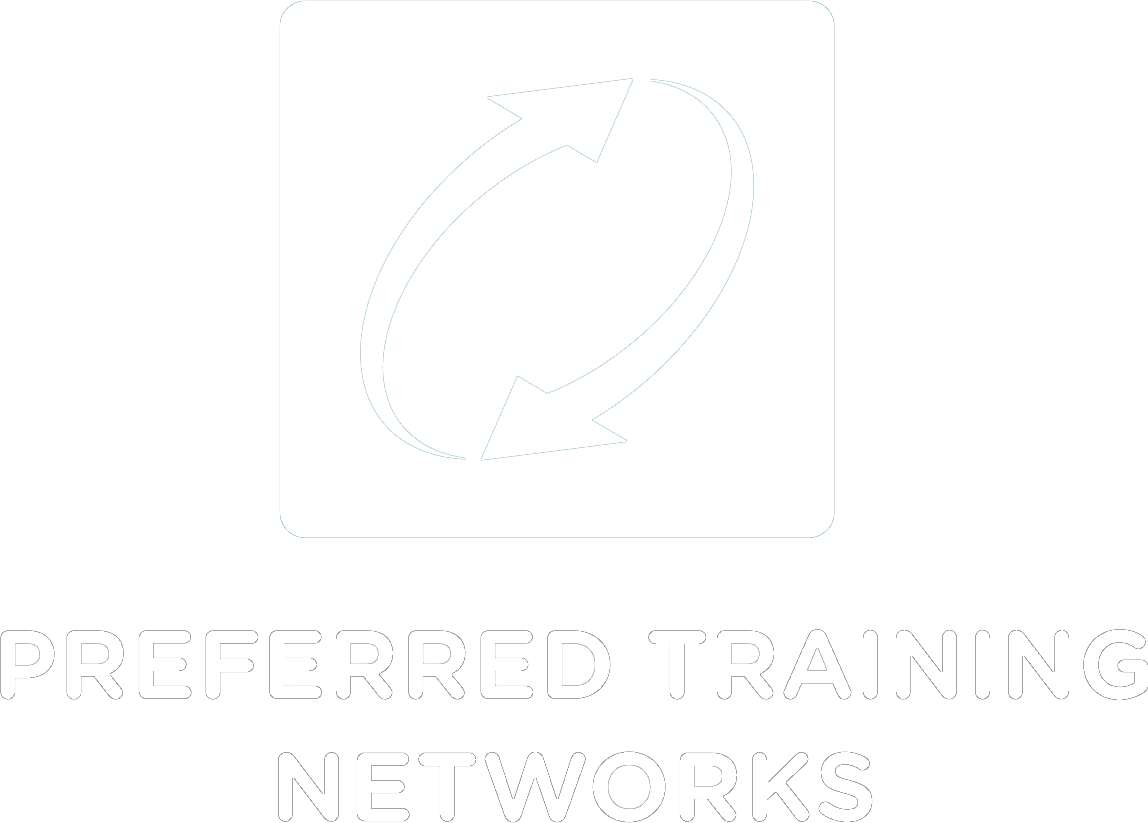Did you graduate from your university or school assuming that exams will only be a thing of the past? Well, it would not have taken too long for you to realize that your workplace could also be an equally competitive and intense learning environment. Whether you like to be evaluated or not, you will constantly be guaged on your capabilities and will be compared with your peers. Besides, unlike your academics, goalposts in your workplace keeps moving. This is mainly due to the changing customer demand, new technology or simply because there is a change in the management. Such dynamics invariably affect you.
Employers today, constantly access the skills and knowledge of their employees in order to stay competent in the business. So, how can you play safe and stay on top? Well, the only way is to constantly learn and master new skills. This helps you in staying updated and will support you even in unstable job markets. Some organizations provide learning opportunities if they see a direct benefit. However, what is offered might not always be what you want for your career. Therefore, if you want to stay employable, then you should put in your efforts towards improving your professional and personal development.
Here are a few ways in which ongoing professional development programs will help you to become more employable and secure your career:
Enhances Your Overall Performance
Professional development programs help you in identifying your most difficult areas or the areas where your need to improve. This helps you in focusing better. The best way is to look into your past performance and then draw the inference. You can then talk to your manager as well as your coworkers. Furthermore, you can seek guidance from those, whose profession or skills you would like to emulate.
Working on your areas of improvement might involve taking up a training program or attending a workshop. You may also find appropriate mentoring, work-shadowing, guided training as well as online study, which is more relevant. For instance, if you realize that your ability to negotiate is an extremely important part of your profession, then you can request your manager to arrange for work shadowing a person with exceptional skills in this particular area. Alternatively, you can also get them to coach you through your next project involving negotiation skills.
Getting a Complete View of the Job Market
When you are completely absorbed at your work, you tend to lose the sight of the constantly changing needs of the volatile job market. Periodically checking out adverts and other personal specifications for different roles, which are either similar or are slightly different from yours will help you in refining your skills in time. This helps you to quickly apply for your dream position when the time is right.
Continuously Updating Your Knowledge
Certain professions need a specific amount of professional advancements every now and then for retaining the position. Therefore, irrespective of the requirement, professional development programs will let you to get updated with the constant developments in a particular field. If not, you might lose your credibility and might also expose your companies to potential risks. Attending professional development programs, such as conferences, industry events, workshops and doing your own research will help you to achieve what you want. Besides, the rise of various online forums, e-newsletters and webinars have made professional development easier than ever.
Effective Soft Skills Development
Every role demands a certain degree of soft skills, be it handling conflicts and emotions in the workplace or communication skills. If you are planning to climb up your career ladder, then focusing on people management skills is indispensable. Adequate coaching and practical training can be particularly effective while applying the acquired skills.
We have put together some best possible professional development ideas for you:
- Reading research articles, papers, professional journals and books
- Opting for mentors, training courses, coaching, academic study, webinars and conferences
- Becoming a part of fundraising, voluntary work as well as event management
- Blogging and publishing your articles as well as carrying out some industry specific research activities
- Giving presentations, speaking at conferences or training others
- Spending time with various other departments, suppliers, customers, stakeholders or trade bodies
- Joining professional associations, committees, participating in industry forums and making new campaign groups
- Apprenticeships, work shadowing as well as internships
- Applying for scholarships or industry awards
Learning and development involves a lot of time and energy. It will also put you out of the comfort zone. Therefore, if you manage to keep your learning habit throughout the career, then you will extend the longevity of your career, mitigate risks and will also enhance your employability.
References:
https://www.theguardian.com/careers/careers-blog/keeping-professional-development-continuous


